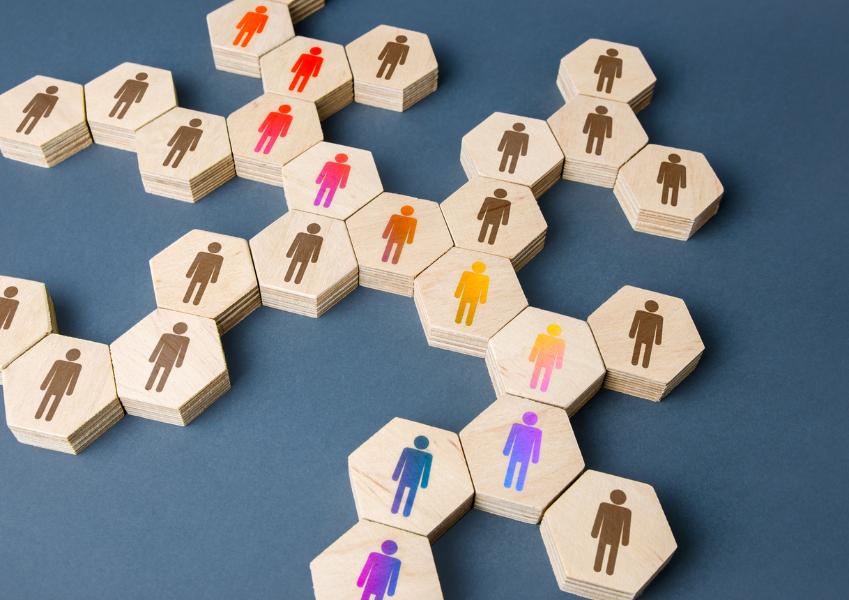BA (Hons) - Sociology
This course is subject to validation.
What does this mean?
The BA (Hons) Sociology programme is ideal for those
who are interested in human actions, interactions, beliefs,
perspectives and values in order to better understand
society, and create ways of changing it for the better. It examines how theory and research interrelate with our lived experiences, making use of the region around Cumbria as a starting point for thinking about concepts at local, regional and global levels. A core commitment to interpreting and addressing epistemic injustice, rural and coastal deprivation, and intersectional disadvantage runs through the programme.

Course Overview
The BA (Hons) Sociology programme is ideal for those who are interested in human actions, interactions, beliefs, perspectives and values in order to better understand society, and create ways of changing it for the better. The three-year programme will combine an understanding of traditions in sociological thought with the application of social theory, knowledge and practices to the places,regions and worlds you live in. This specific focus on people and place will enable you to build your own special interests through the duration of the programme.
You can expect to build an awareness of classic sociological theories as well as cutting edge and contemporary approaches to the discipline to inform your
studies. At the heart of the programme are interlinking and intersectional themes which emphasise how social theory, research and practice can understand and address epistemic injustice, rural and coastal deprivation, and help to dismantling disadvantage.
On this course you will...
- Sociology allows you to gain a greater understanding of the complexities of humans and their societies, and provides tools for addressing the challenges to society which lie ahead.
- A sociology degree provides a broad skillset applicable to many careers and future work opportunities, making it an excellent programme for employability in an ever-changing world of work.
- The programme doesn't just teach research; it offers opportunities for you to conduct your own research in work-based environments.
- In a world characterised by changes to technology, interpersonal relationships, work and forms of power, this programme equips you to make sense and address the issues which matter to you.
Location
Lancaster Campus
Lancaster is the Red Rose heartland, a student haven full of history and culture. With iconic stone architecture, parkland, and a caring community, this is the place to get involved. The campus houses top-quality facilities tailored to the needs of life-savers, world changers, and future leaders.
Find out more
Find out more about studying with us
Attend an Open Day at Cumbria
An Open Day is your opportunity to explore one of 5 campuses, meet your lecturers, and find out how the University of Cumbria could become your new home.


.webp)


